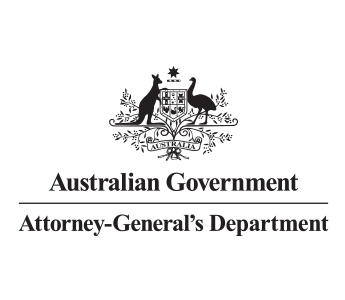Defined decision-making powers
Summary
Clearly document decision-makers using delegations, authorisations and instructions. Clearly defined decision-making powers increase transparency and reduce the opportunity for fraud and corruption.
Why this countermeasure matters
A lack of clarity for decision-making powers can lead to:
- high levels of non-compliance or errors due to inconsistent practices
- common use of shortcuts and workarounds
- a lack of transparency over actions and decisions
- poor management of fraud and corruption risks
- fraudsters not obtaining approval or obtaining approval from someone who is not the appropriate decision-maker
- fraud or corrupt activity going unnoticed or unchallenged
- unknown and unaddressed systemic fraud or corruption.
How you might apply this countermeasure
Some ways to implement this countermeasure include:
- Accountable Authority Instructions
- financial delegations, such as requiring international travel up to $30,000 to be approved by the Department Secretary
- HR delegations, such as for approving leave and entitlements
- procedures that define who can make decisions, such as requiring approval by a manager or central delegate to change a vendor’s bank account
- clear responsibility for decision making in joint or multi-agency programs.
This countermeasure is most effective when combined with system workflows to make sure all requests, claims or activities are only approved by the appropriate decision-maker.
How to check if your countermeasures are effective
Here are some ways to measure the effectiveness of this type of countermeasure:
- confirm instruments of delegation exist, are current, and align to relevant legislation, policies and guidelines
- undertake testing or a process walk-through to confirm that processes cannot be avoided
- review a sample of approval decisions to determine whether processes and workflows are followed on all occasions
- identify how the requirement to follow specified decision-making processes are communicated to staff
- confirm that someone cannot bypass the process when subject to pressure or coercion.
Related countermeasures
Establish governance, accountability and oversight of processes by using delegations and requiring committees and project boards to oversee critical decisions and risk. Good governance, accountability and oversight increases transparency and reduces the opportunity for fraud.
Legislation and policy can help prevent, detect and respond to fraud, such as by outlining clear rules, regulations and criteria, allowing entities to collect, use and disclose information and allowing entities to enforce penalties and recover fraud losses.
Develop clear instructions and guidance for activities and processes, such as instructions for collecting the right information to verify eligibility or entitlements, procedures to help staff apply consistent and correct processes and guidance to help staff make correct and ethical decisions.
Use system workflows to make sure all requests, claims or activities are approved only by the appropriate decision-maker.
Publish information on your entity’s decision-making processes, decisions made, successful tenderers or grantees, incidents and breaches.

